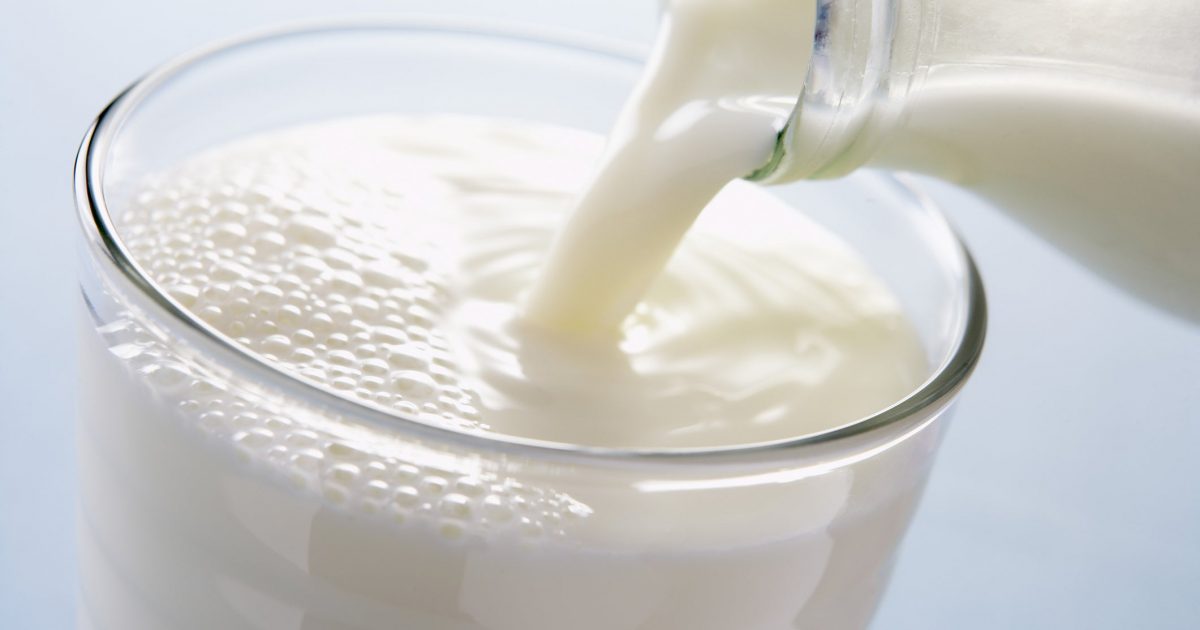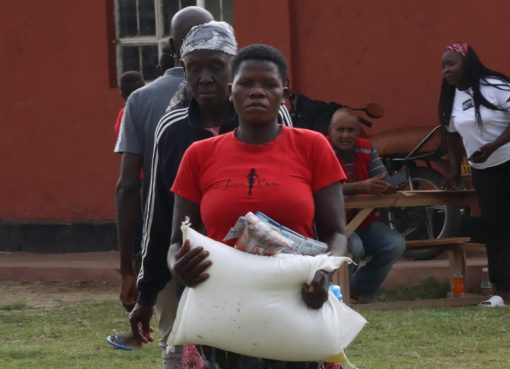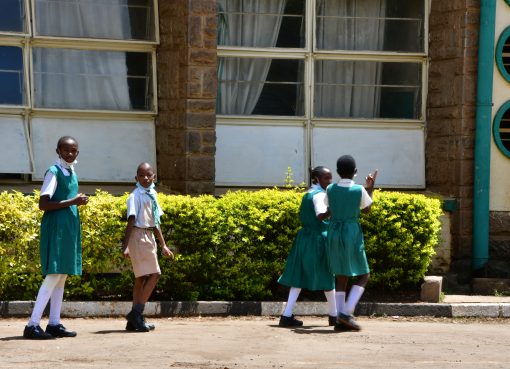Kenya Dairy Board is working on various measures to support the increment of milk production in the country
The Board’s chairperson Genesio Mugo has observed Murang’a County currently produces 85 million litres of milk annually arguing the county has a capacity to double the production.
Mugo noted that with the employment of various measures, Murang’a dairy farmers will be able to increase milk production from an average of six litres per cow to more than 15 litres on a daily basis.
He revealed lack of enough healthy fodder is affecting milk production not only in Murang’a but in other areas.
Provision of cheap fodder, the chairperson noted milk production will go up thus increasing the earnings of dairy farmers.
Mugo noted that as a way of helping farmers and ensuring they have cheap animal feeds, the government has opened up public land for planting of fodder.
“If there is any unutilized public land in your area, seek permission from state officers and start planting fodder in it,” he said.
The largest milk producers in the country, Mugo said is Kiambu, and Nyandarua counties with Murang’a coming the third.
He noted Kiambu County produces more than 140 million litres of milk annually with a cow producing at average 12.6 litres in a day.
Mugo said the 50 milk coolers which President Ruto promised to give Murang’a before the end of this year, are aimed to increase milk production by ensuring milk is well preserved. Currently, Murang’a has 39 milk coolers which were installed by the former county administration.
“Our target is to ensure Murang’a becomes the largest milk producer because the county has the capacity. The government is working to provide cheap fodder and also provide subsidies to dairy farmers to cushion them from the fluctuation of milk prices,” the chairperson told KNA.
He said the government is currently working on policies and structures to implement milk subsidies in a few months’ time.
Mugo noted that the country currently produces 5.2 billion litres of milk annually saying the milk production generates more than Sh. 200 billion.
Farmers sell their milk at Sh.50 per litre and receive an average of Sh .45 per litre after deductions by their dairy co-operatives.
“Milk prices have gone up after the board banned processors from importing and selling in the local market powder milk. Before March this year, some processors used to import, repackage and sell imported powder milk, something which affected the price of locally produced milk,” added the chairperson.
He divulged that some licensed processors opted to import milk from outside the country and sell it in the local market instead of buying locally produced milk.
Meanwhile, Mugo highlighted that the government has allocated Sh. 3 billion to improve the capacity of Kenya Cooperative Creameries (KCC) so as to ensure farmers have a ready market for their produce.
He added that the Kiganjo factory which is run by New KCC and was commissioned by the President two weeks ago will start processing camel milk.
By Bernard Munyao





